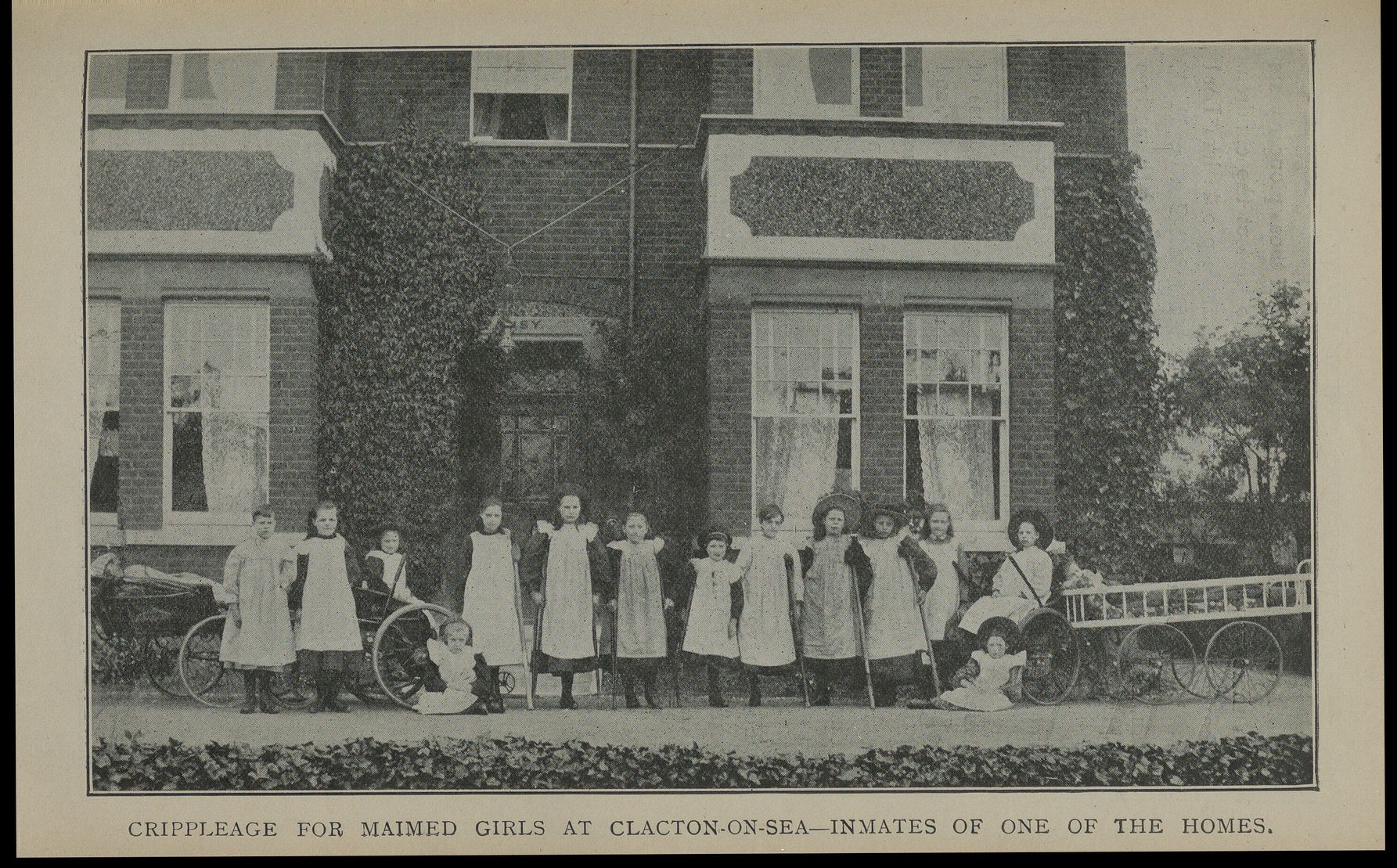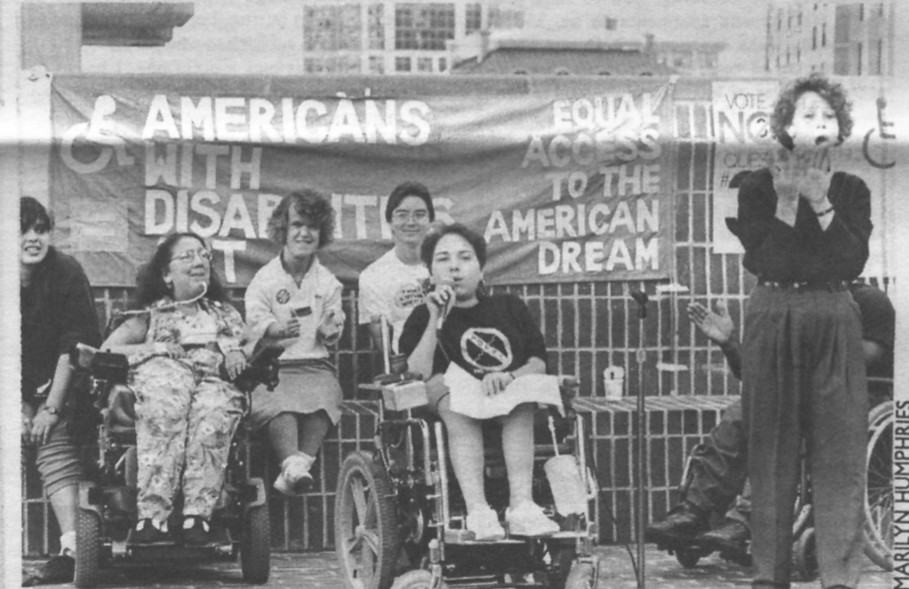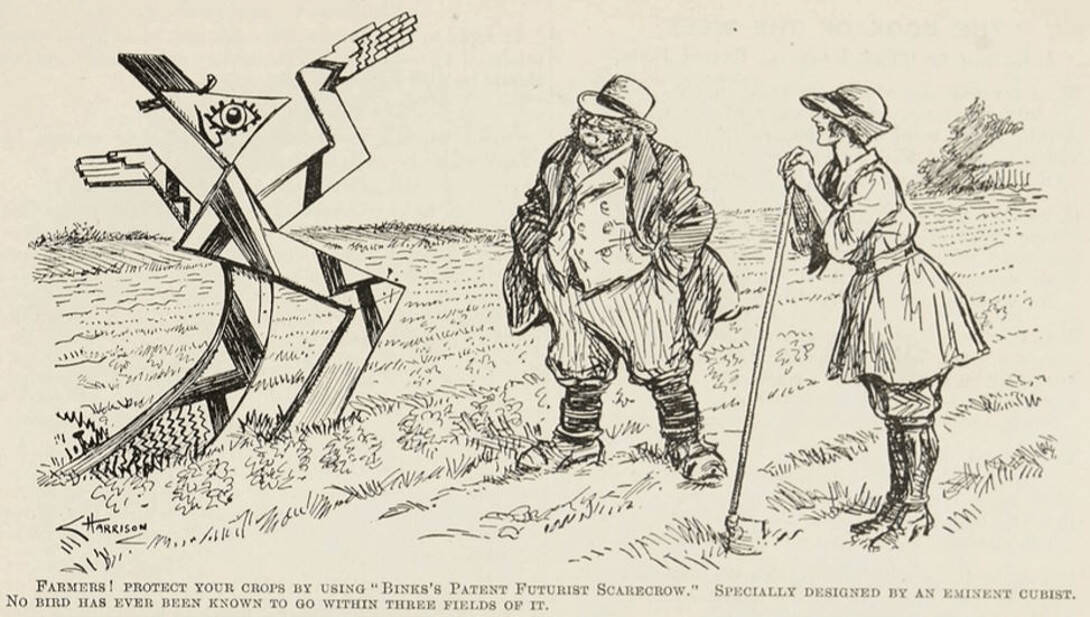│By Mo Clarke, Gale Ambassador at the University of Exeter│
Disabled. A word many find uncomfortable. Indeed, it seems much of society still assumes that to be disabled is to be broken, but while it is true that many people with disabilities experience ableism and insufficient support, resources and facilities, activists have long fought against the presumption that to be disabled is inherently bad. Rather than a curse or insult, their disability is a part of their identity and a source of pride. Gale’s Archives of Sexuality and Gender reveal that disability rights have also been a focus for another minority group in the United States: the LGBT+ community. In the 1980s and 1990s LGBT+ activists made great strides towards improving the lives of disabled people.



